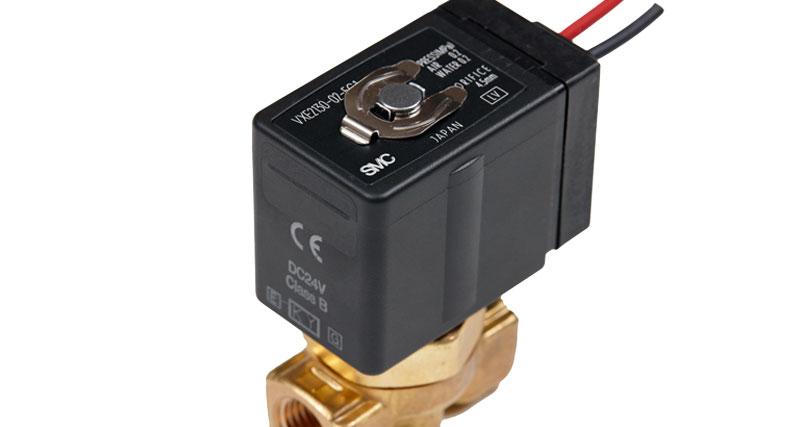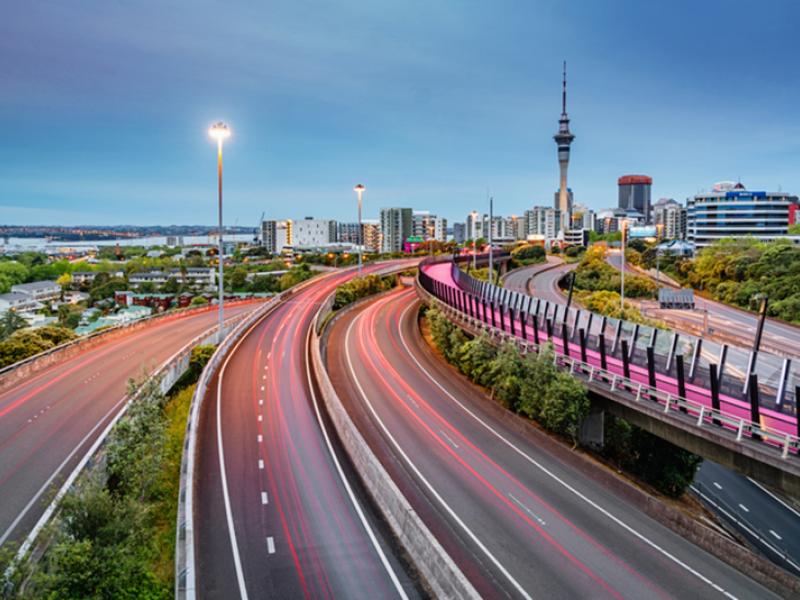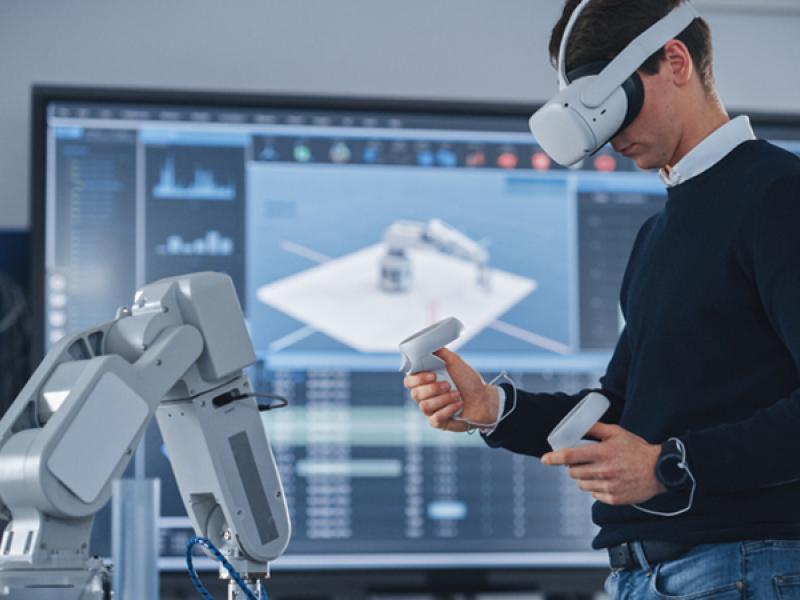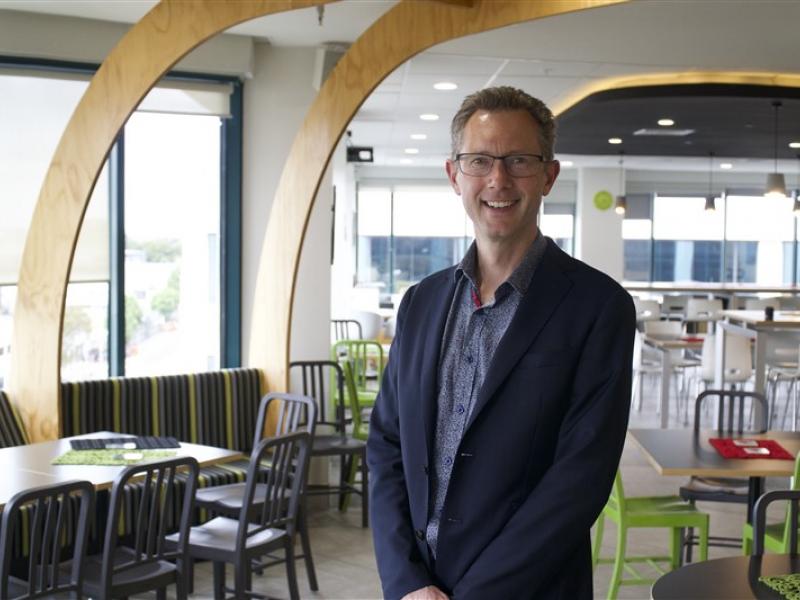Energy saving has become more than just a catch phrase. It is something which every business needs to consider in terms of cost and productivity. With the growing energy crisis and depleted natural resources businesses have had to find ways of saving money and reducing energy consumption while helping the environment at the same time.
However, it is the sum total of looking at an entire system which yields the best results. Replacing one or two items in the system with energy efficient components will make very little difference to the overall consumption. It is estimated that a medium-sized business company loses almost 20 percent of energy used.
During the Kyoto Climate Change conference which was held in Japan two objectives in terms of the reduction of energy use and cost were identified:
- More efficient use of direct oil and electricity consumption.
- To contribute to the conservation of the environment with the reduction of CO2.
According to recent research in Europe, there are currently more than 320 000 production facilities which use compressed air systems. In total the annual estimated consumption of electricity in European industry is 400TWh which is divided into three main categories with regards to energy: coolants – 30 percent, compressed air – 20 percent and others – 50 percent.
The required electric energy required to produce compressed air for such facilities constitutes almost 20 percent of this total industrial consumption.
Possible energy savings in pneumatics
In an average facility, 70 percent of compressed air is used in blowing applications, 10 percent in actuation and the remaining 20 percent is lost through leaks.
By focusing specifically on these systems, one could easily achieve energy savings of between 5 – 50 percent.
The first step in conserving energy would be to look at the reduction in air for blowing processes and detecting air leaks.
The second analysis reveals that 20 percent to 50 percent of the air consumption measured as leakage is divided into 25 percent for connectors/adapters, 20 percent for connection, 30 percent for hosing and 25 percent for other types.
SMC will be presenting a talk on Energy Saving at the upcoming FoodTech PackTech in Auckland, New Zealand on Wednesday 12 October at 11:45 at the ASB Showground.
SMC Sales Representatives and Engineers are able to assist customers in conducting full plant audits to assist with optimizing systems for better energy efficiency and productivity.
Details: www.smcworld.com
For Sales Enquiries Contact: nzsales@smcanz.com






